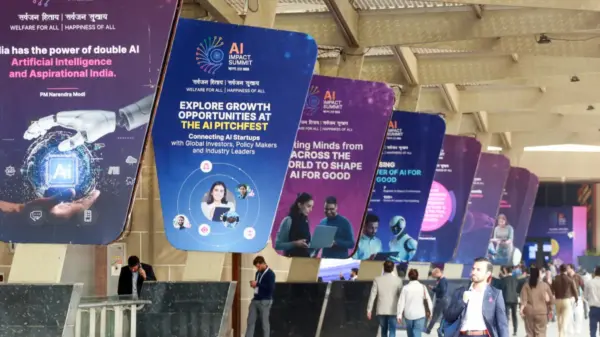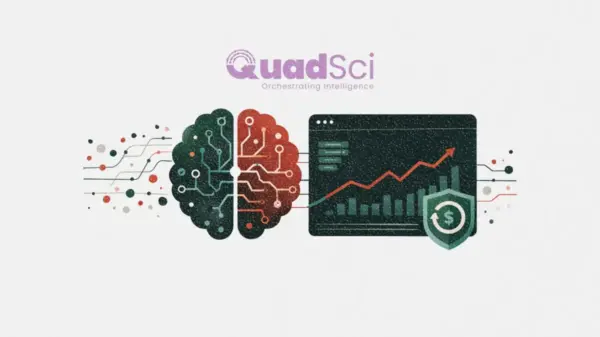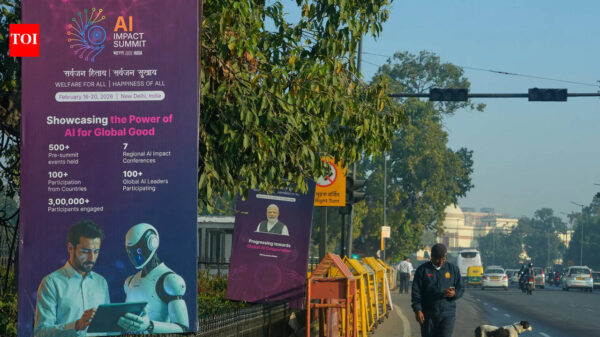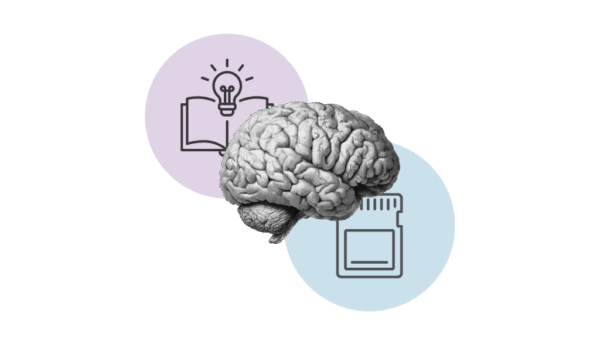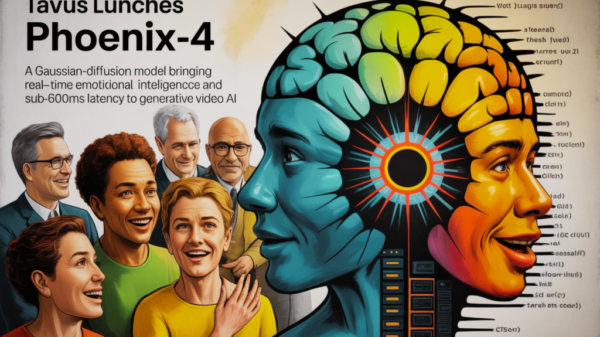Uber is facing significant legal pressure as the non-profit foundation, Worker Info Exchange (WIE), has issued a letter before action demanding the company halt its use of artificial intelligence-driven pay systems. These systems have been criticized for substantially lowering the incomes of Uber drivers. The allegations include breaches of European data protection law related to the variability of driver pay rates implemented through a controversial algorithm.
In a statement, James Farrar, director of WIE, articulated the organization’s stance: “Uber has leveraged artificial intelligence and machine learning to implement deeply intrusive and exploitative pay-setting systems that have damaged the livelihoods of thousands of drivers.” He emphasized that this collective action aims to secure a fairer deal for drivers and hold Uber financially accountable for the alleged harm caused by its AI practices.
The potential legal case is likely to be filed in Amsterdam, the European base for Uber. This development follows a summer collaboration between WIE and Oxford University which produced research revealing that many Uber drivers are earning “substantially less” per hour since the company’s introduction of a new “dynamic pricing” algorithm in 2023. This algorithm adjusts pay for drivers and fares for passengers, representing an evolution of Uber’s earlier “surge pricing” model that increased fares during peak demand periods.
The research from Oxford University highlights a troubling trend: “Our findings suggest that post-dynamic pricing, many aspects of Uber drivers’ jobs have gotten worse. Average pay per hour on the app is stagnant, and is lower in real terms in the year following the introduction of dynamic pricing.” This shift raises questions about the long-term viability of Uber’s income structure for drivers, as the company reportedly captures a larger share of the fare.
WIE further alleges that Uber has trained its algorithms using the historical personal data of drivers, effectively monitoring their work habits. Under the General Data Protection Regulation (GDPR), drivers are entitled to request that Uber cease using this technology, revert to a more transparent pay-setting system, and compensate the drivers for their losses.
In response, an Uber spokesperson countered that drivers choose the platform for the flexibility it offers regarding work hours and locations, as well as the transparency they have over fares and earnings before accepting rides. The spokesperson described the WIE study as inaccurate, claiming it relies on incomplete and selective data. Furthermore, they stated, “The researchers themselves admit that their analysis ‘does not enable [them] to isolate the causal effect of dynamic pricing on pay,’ making any conclusions about driver earnings misleading.” Uber maintains that a substantial number of drivers continue to opt for their platform as demand grows.
WIE has also argued that the legal harm began as early as 2020 when Uber introduced “upfront pricing,” where a passenger is quoted a set fare for a trip. WIE has indicated that if Uber fails to comply with its demands to cease these practices and provide compensation, they will pursue collective proceedings in the Amsterdam district court under the Netherlands’ collective redress law.
This unfolding situation highlights the growing tension between tech companies utilizing advanced algorithms and the rights of workers affected by those technologies. As Uber continues to refine its use of AI in setting pay, this case may set important precedents regarding transparency, worker rights, and the ethical use of data-driven systems.
See also Google Launches Gemini 3 with Enhanced Contextual Thinking and Free Access for Students
Google Launches Gemini 3 with Enhanced Contextual Thinking and Free Access for Students Trump Leverages $1 Trillion Saudi Investment to Boost AI Economy Amid Market Concerns
Trump Leverages $1 Trillion Saudi Investment to Boost AI Economy Amid Market Concerns IBM Integrates Consulting Advantage into Microsoft Copilot, Saving 250,000 Hours Annually
IBM Integrates Consulting Advantage into Microsoft Copilot, Saving 250,000 Hours Annually Yann LeCun Leaves Meta to Launch AI Startup Focused on Advanced Research and Memory
Yann LeCun Leaves Meta to Launch AI Startup Focused on Advanced Research and Memory Warner Music Group and Stability AI Partner to Develop Ethical AI Tools for Music Creation
Warner Music Group and Stability AI Partner to Develop Ethical AI Tools for Music Creation















